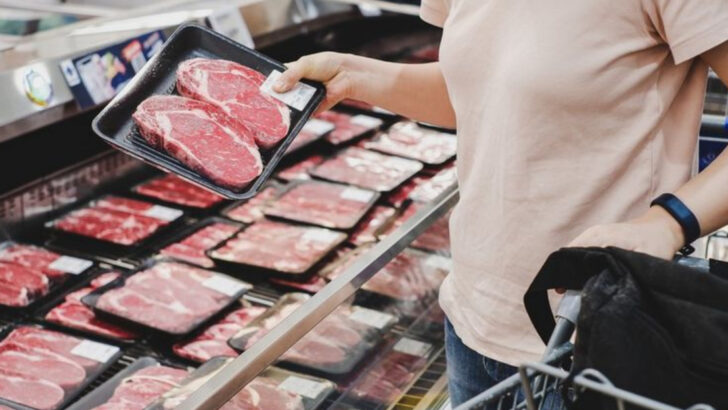If it’s too dangerous for Europe, why is it still on your plate?
That steak, that shampoo, even that carton of milk—
they might be hiding ingredients or practices so controversial, entire countries have outlawed them.
Yet in the U.S., they’re still on shelves, served in school cafeterias, and fed to pets.
We’re not talking about fringe issues.
We’re talking about chemicals linked to cancer.
Additives tied to hyperactivity in kids.
Animal welfare nightmares that would make your stomach turn.
The European Union looked at the science and said “Nope.”
The U.S.? Shrugged and slapped on a barcode.
This isn’t just about what you eat.
It’s about what you’re not being told.
Here are 12 animal-based products banned overseas that are still fair game in America.
Some of them might already be in your home.
Ractopamine-Enhanced Pork

Ractopamine, a feed additive used to promote leanness in pork, is banned in Europe due to animal welfare concerns and potential human health risks. In the U.S., however, it is widely used in pork production.
While the European Union prioritizes the precautionary principle, the U.S. relies on the Food and Drug Administration’s assurance of safety. This divergence underscores differing regulatory philosophies.
In America, consumers often remain unaware of ractopamine’s presence in their pork products, highlighting the importance of transparent labeling.
Chlorine-Washed Chicken

Chlorine-washed chicken, a staple in the U.S., faces a ban in Europe due to concerns over food safety and animal welfare. In America, poultry is often rinsed in chlorine to reduce pathogens.
The EU rejects this practice, advocating for higher poultry farming standards instead. This policy reflects Europe’s focus on holistic food production practices.
While U.S. consumers are accustomed to chlorine-washed chicken, the European stance emphasizes preventive measures over chemical reliance.
Hormone-Treated Beef
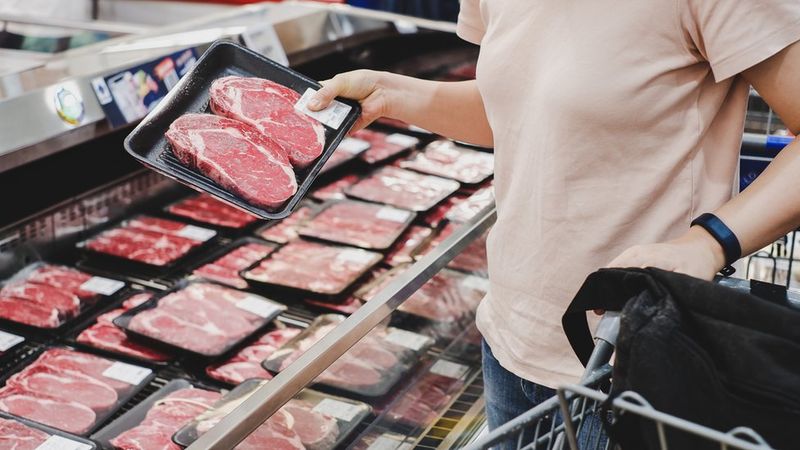
Hormone-treated beef, commonly found in the U.S., is strictly prohibited in Europe. The EU’s ban stems from concerns about potential human health impacts and animal welfare issues associated with hormone use.
In contrast, the U.S. permits growth hormones to enhance beef production efficiency. The differing stances reflect varied priorities in food safety and ethics.
American consumers may unknowingly consume hormone-treated beef, raising questions about labeling transparency and informed choices.
Synthetic Food Dyes
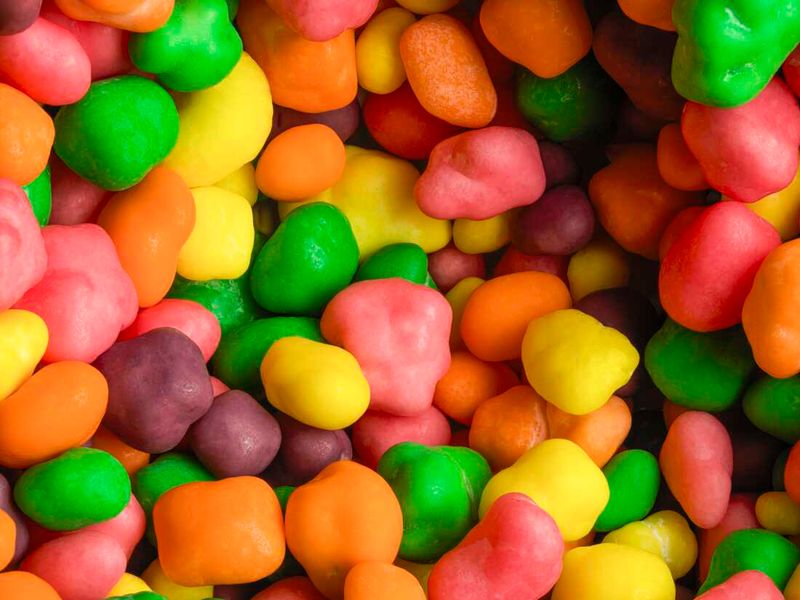
Synthetic food dyes, prevalent in American candies and snacks, face stringent restrictions in Europe. Concerns center on potential links to hyperactivity in children and allergic reactions.
The EU mandates warning labels on products containing certain dyes, fostering greater consumer awareness. This approach aligns with Europe’s emphasis on precautionary food safety measures.
In the U.S., synthetic dyes remain widely used, sparking debates about consumer rights and industry responsibility.
Brominated Vegetable Oil (BVO)
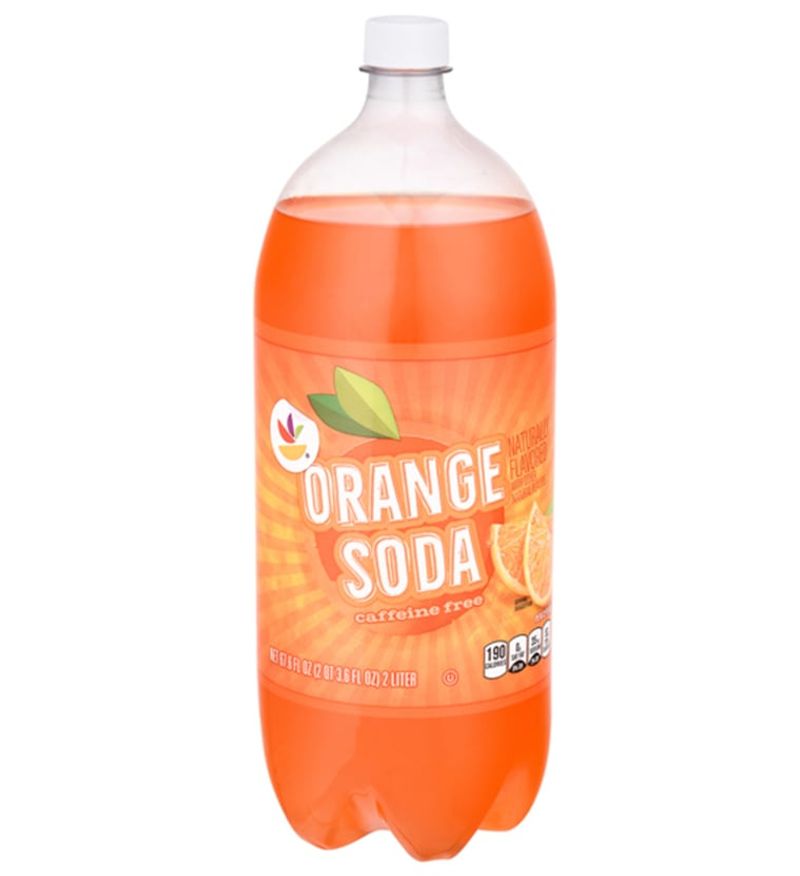
Brominated Vegetable Oil (BVO) is used as an emulsifier in citrus-flavored sodas in the U.S., but it’s banned in Europe. Concerns include potential health risks such as thyroid issues and reproductive problems.
Although the FDA permits BVO with certain limits, European regulations err on the side of caution. This reflects a broader EU trend of banning potentially harmful additives.
American consumers encounter BVO primarily in soft drinks, where its presence often goes unnoticed due to insufficient labeling requirements.
Genetically Modified Organisms (GMOs)
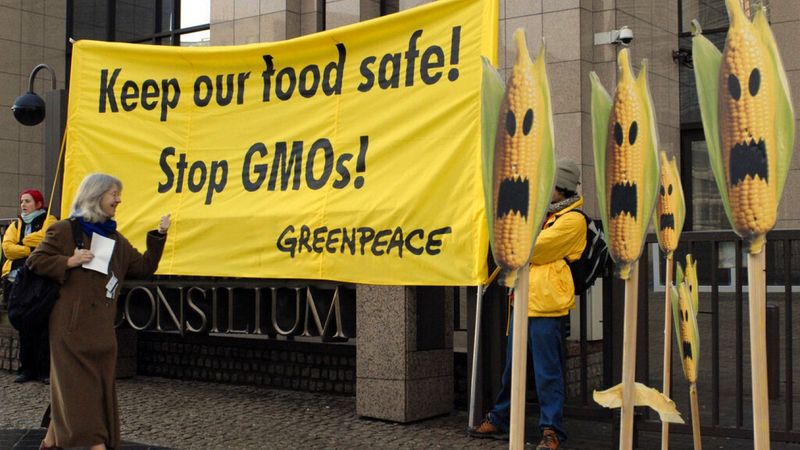
Genetically Modified Organisms (GMOs) are prevalent in U.S. agriculture, particularly in crops like corn and soybeans. In Europe, however, GMOs face stringent regulations and bans.
The EU’s cautious approach stems from environmental and health concerns, whereas the U.S. embraces GMOs as a means to increase agricultural efficiency. This divergence highlights contrasting views on biotechnology.
In America, GMOs are part of everyday life, yet debates about labeling transparency continue to challenge consumer perceptions.
Recombinant Bovine Growth Hormone (rBGH)
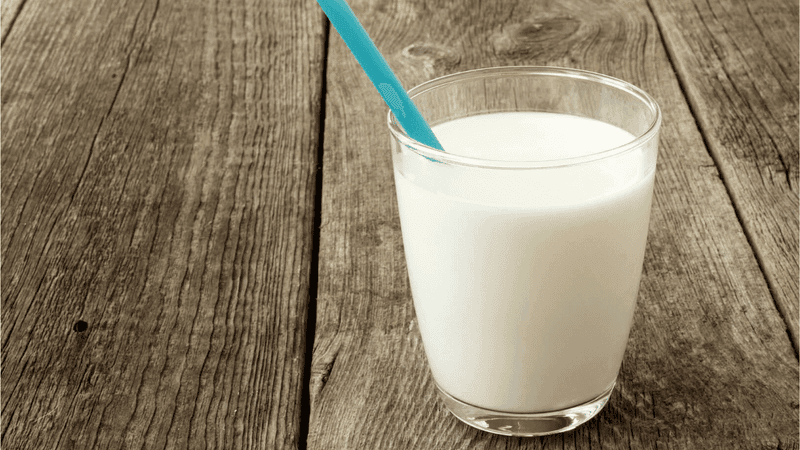
Recombinant Bovine Growth Hormone (rBGH) is used in the U.S. dairy industry to increase milk production. In Europe, rBGH is banned due to animal welfare concerns and potential health risks for consumers.
The EU’s decision reflects a precautionary stance on hormone use in agriculture, prioritizing animal well-being and consumer safety. This contrasts with the U.S. approach, which focuses on production efficiency.
While American milk often contains rBGH, discussions about labeling and consumer choice remain prominent issues.
Arsenic-Based Animal Drugs
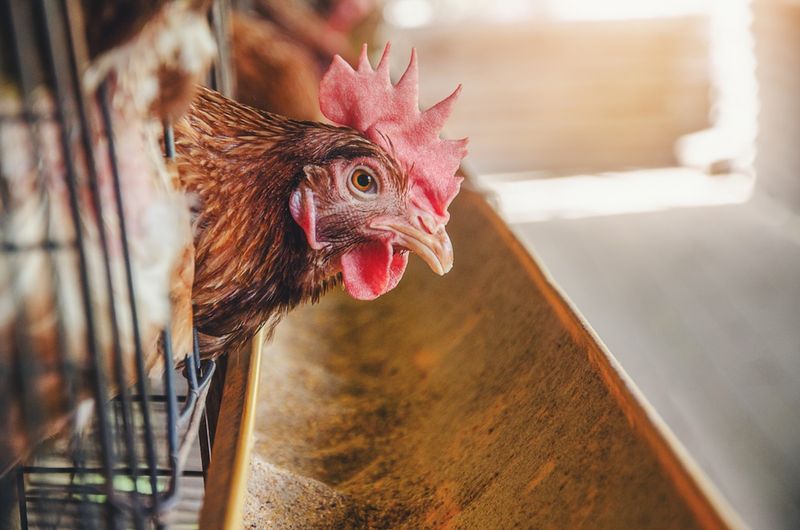
Arsenic-based animal drugs, used in U.S. poultry and swine production, are banned in Europe. These drugs are intended to promote growth and improve meat pigmentation.
Concerns about arsenic’s potential carcinogenic effects and environmental impact drive the EU’s ban. Europe’s regulations emphasize a cautious approach to animal drug use.
In America, arsenic-based drugs are still utilized, raising debates about their safety and ethical implications. Consumers often remain unaware of their presence in meat products.
Phthalates in Food Packaging

Phthalates, chemicals used in food packaging, face bans in Europe due to health concerns, particularly endocrine disruption. In the U.S., phthalates are still present in many packaging materials.
The EU’s regulations reflect a proactive stance on minimizing chemical exposure in food products. This contrasts with the U.S. approach, which often relies on industry self-regulation.
American consumers may unknowingly encounter phthalates in packaged foods, highlighting the need for clearer labeling and consumer education.
Azodicarbonamide in Bread

Azodicarbonamide, a dough conditioner used in the U.S. bread industry, is banned in Europe. Concerns center on its potential to cause respiratory issues and its classification as a potential carcinogen.
The EU’s ban aligns with its broader precautionary approach to food additives, prioritizing consumer safety over industrial convenience. This mindset contrasts with U.S. regulations, which permit its use.
In America, azodicarbonamide remains in bakery products, prompting ongoing discussions about its safety and the need for alternative additives.
Potassium Bromate in Baking
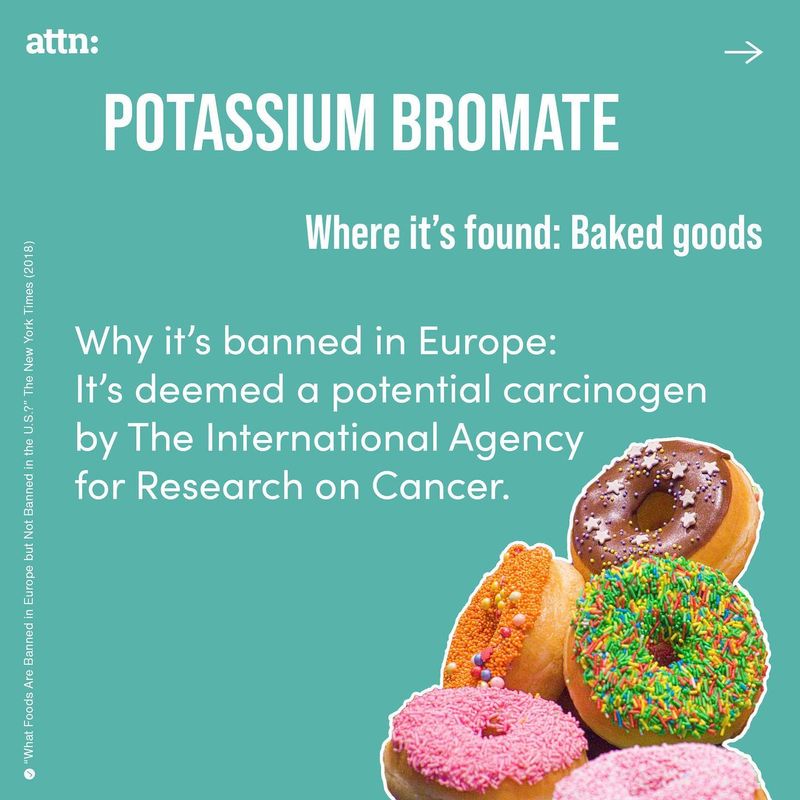
Potassium bromate, an oxidizing agent used in baking, is banned in Europe due to its potential carcinogenicity. In the U.S., it remains a legal ingredient in bread production.
The EU’s prohibition reflects a commitment to minimizing cancer risks associated with food additives. This position contrasts with the U.S. stance, which relies on permissible limits and industry guidelines.
American consumers often find potassium bromate in baked goods, underscoring the need for informed choices and transparent ingredient labeling.
Bleached Flour

Bleached flour, common in the U.S., is restricted in Europe due to concerns about chemical residues and nutritional depletion. The bleaching process uses chemicals like chlorine dioxide.
Europe favors natural alternatives, emphasizing minimal processing and chemical-free production. This approach resonates with the EU’s broader food safety and quality standards.
In America, bleached flour is a staple in many baked goods, prompting debates about its safety and the availability of healthier options.

